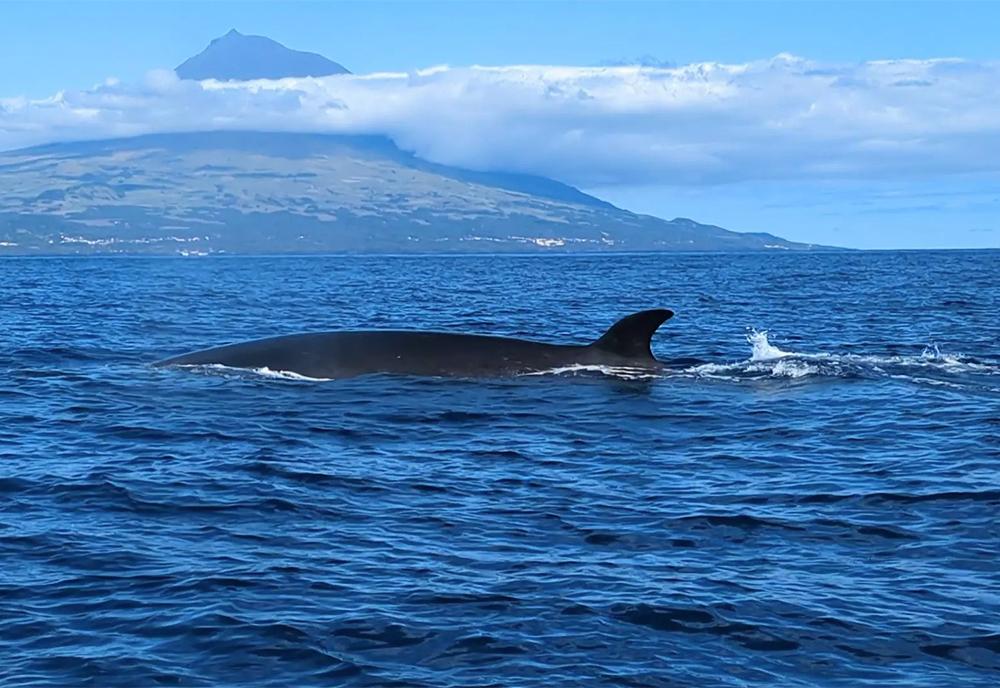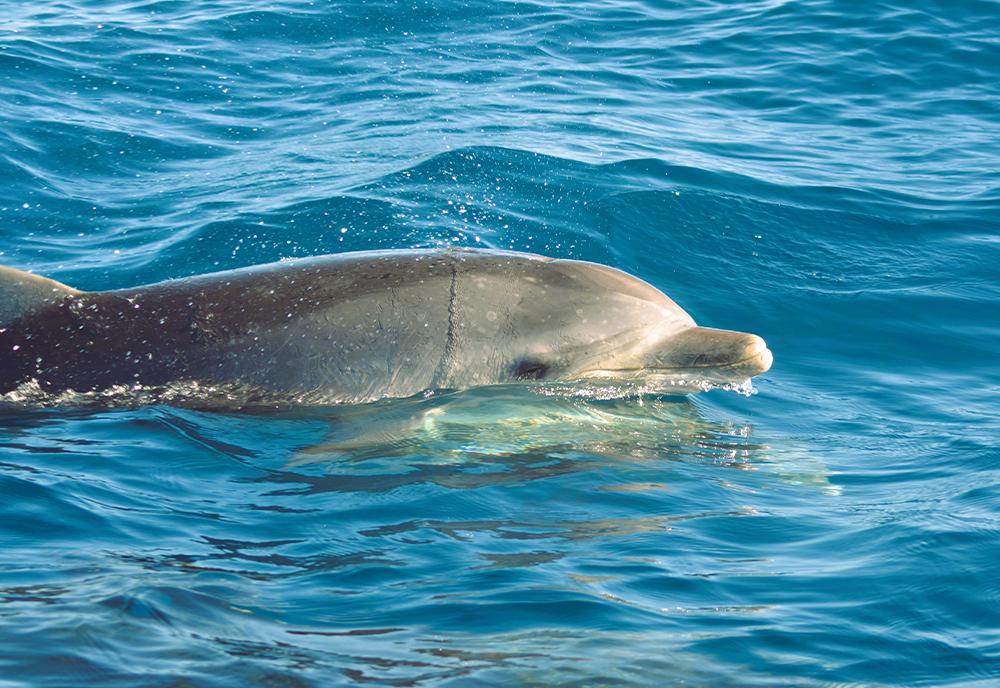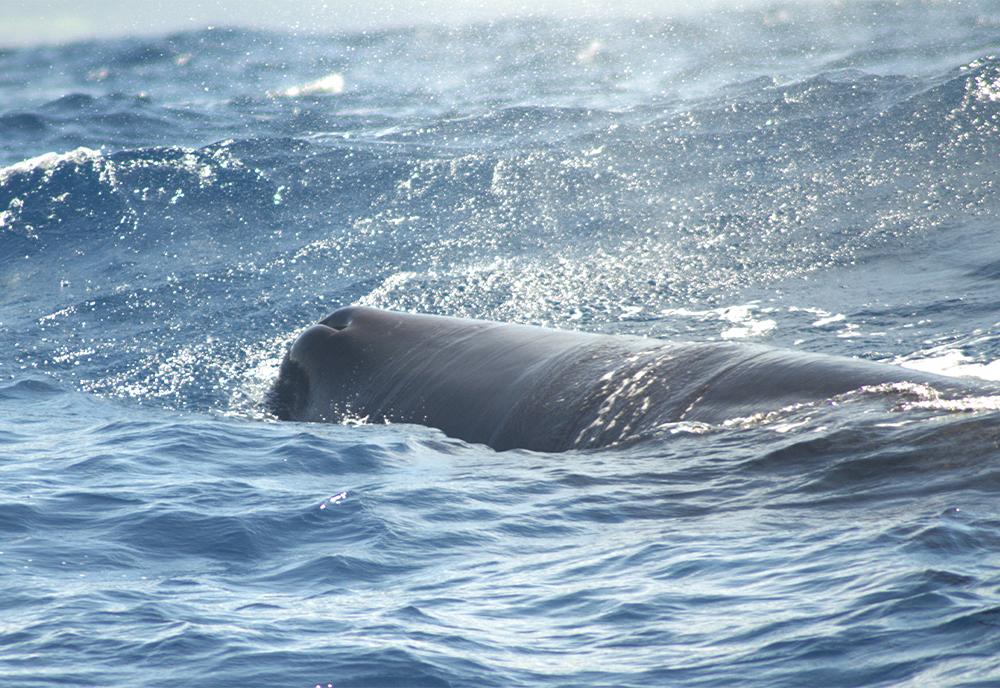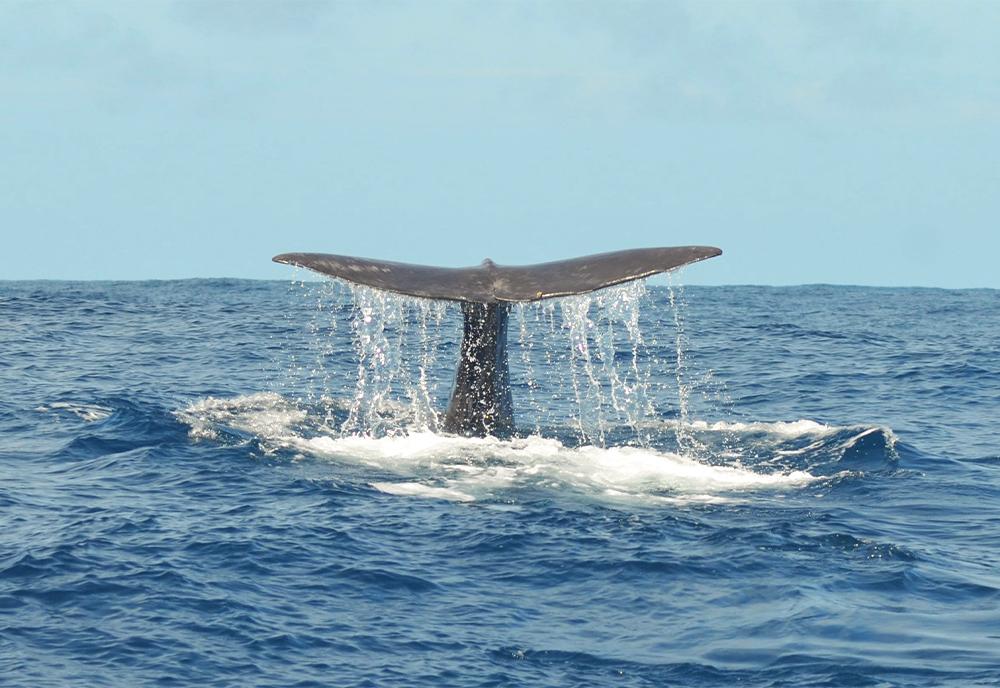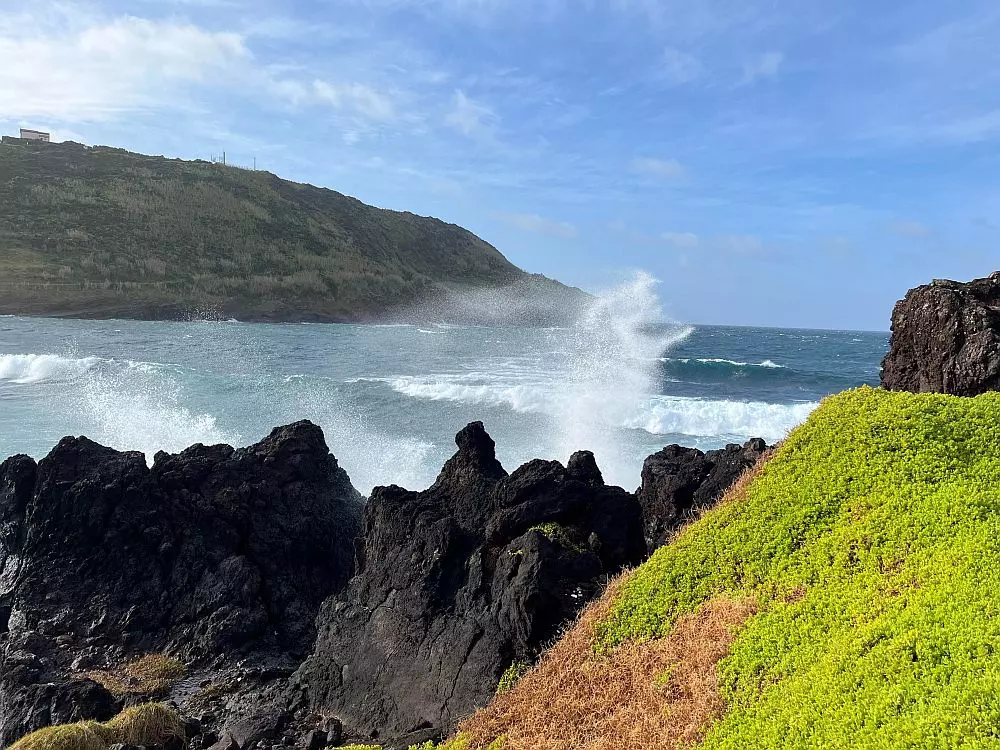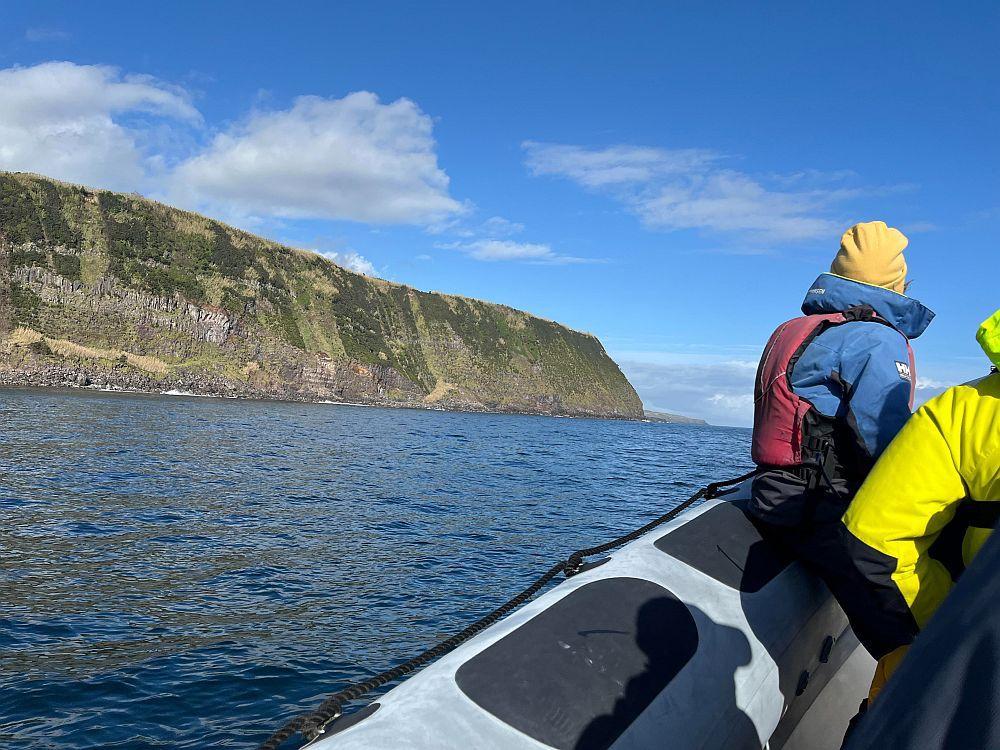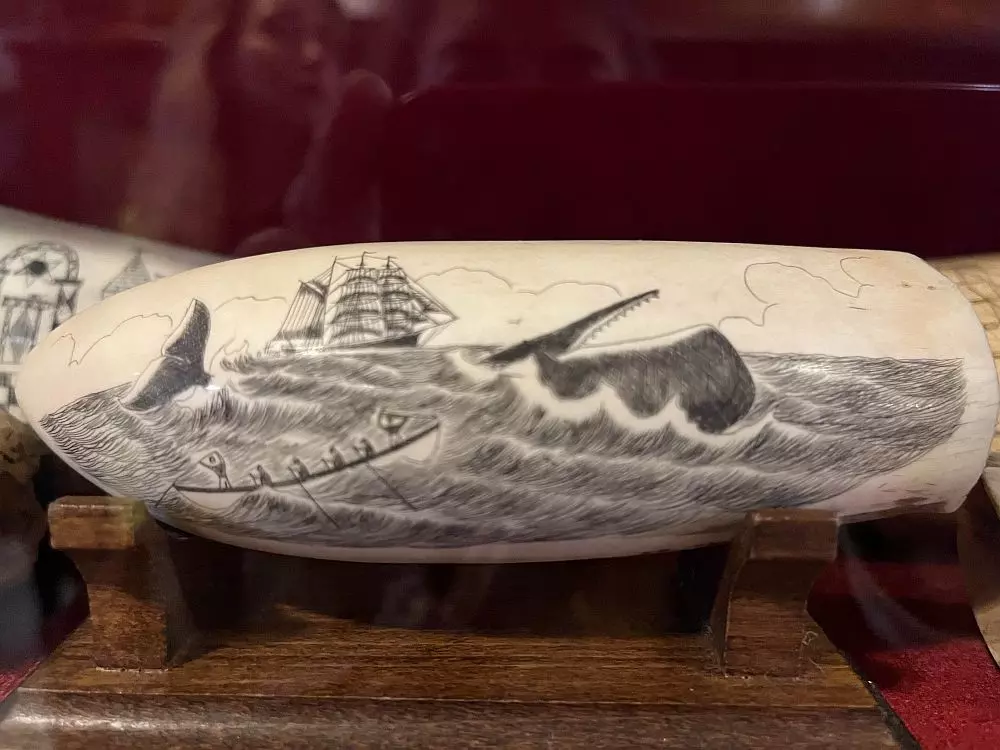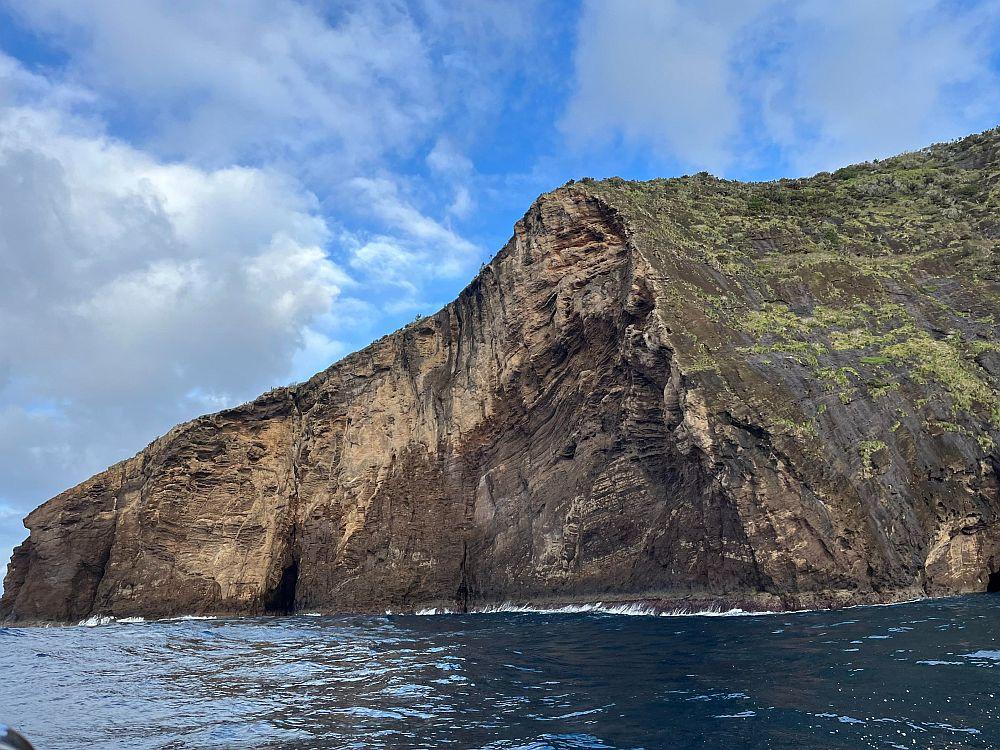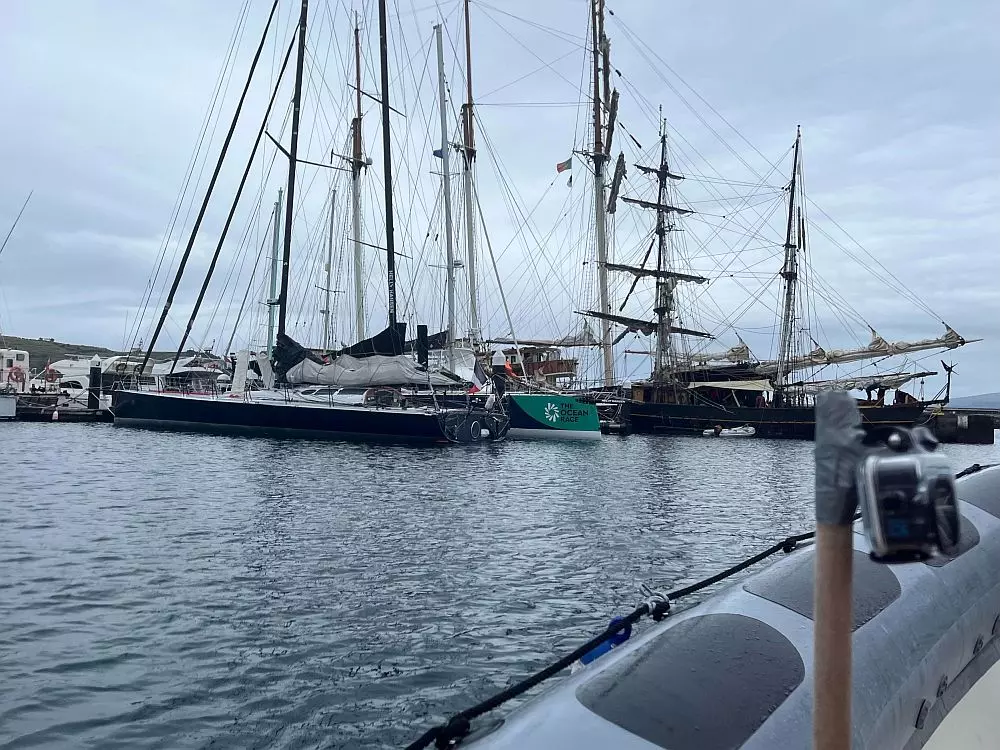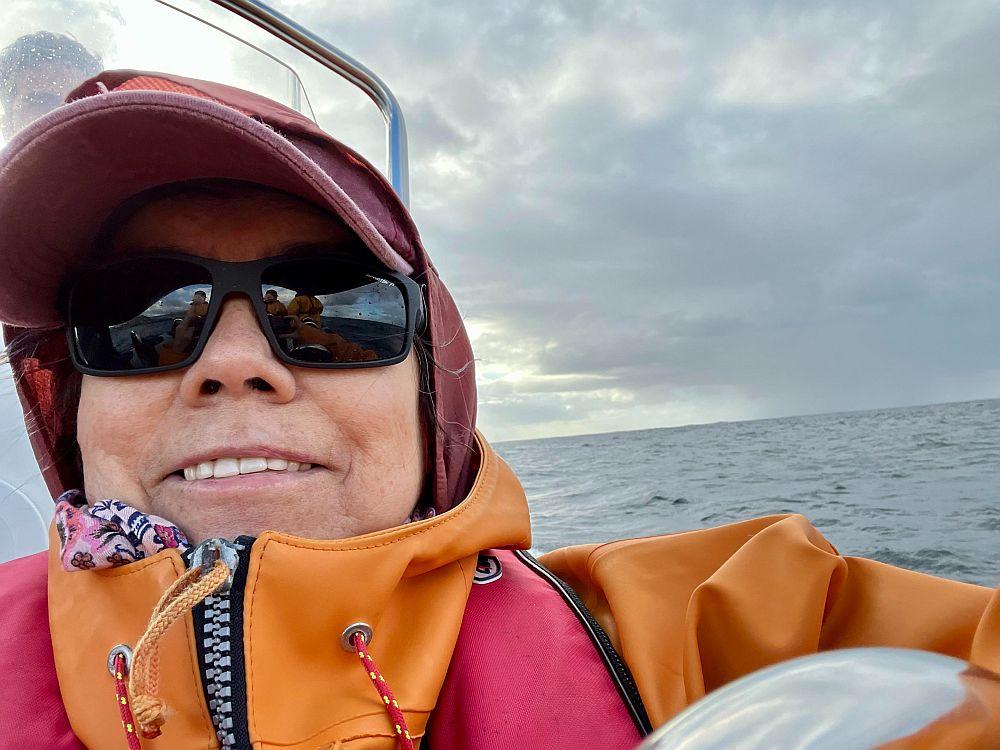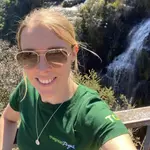

The Great Whale Project
Get up-close with the biggest animals on Earth and contribute to a greater knowledge of whales and dolphins in the Azores.
Speak To A Travel Expert
Activities
Below are activities you may take part in whilst on this project, however, activities may change from day to day due to weather conditions, the number of client bookings, and the abundance of whales. We, therefore, recommend joining for a minimum of 2-3 weeks to get the most out of this experience. Volunteers joining for 1 week should be aware that they may not be able to take part in all the activities.
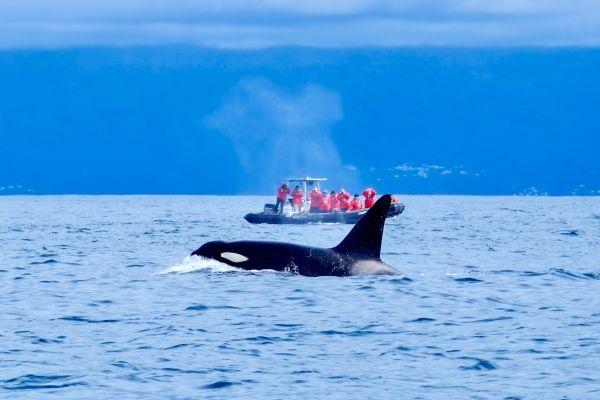
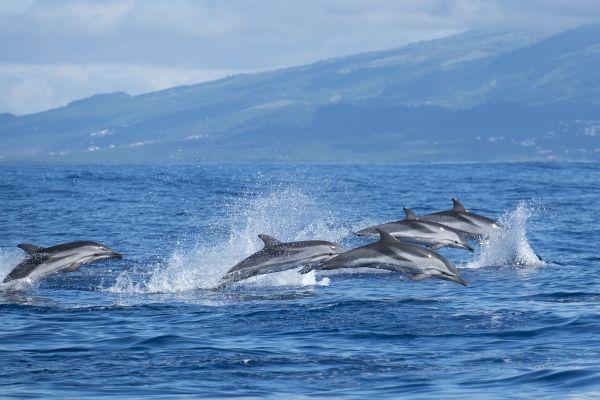
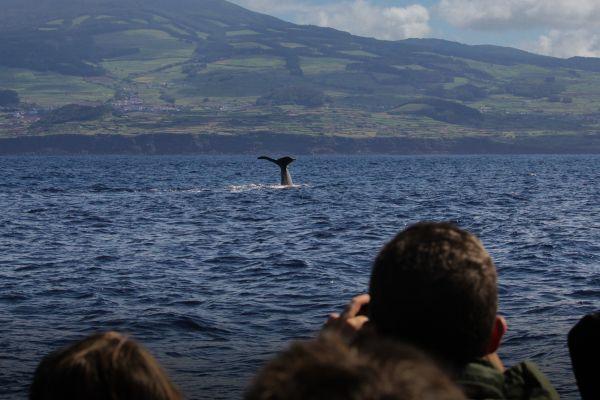
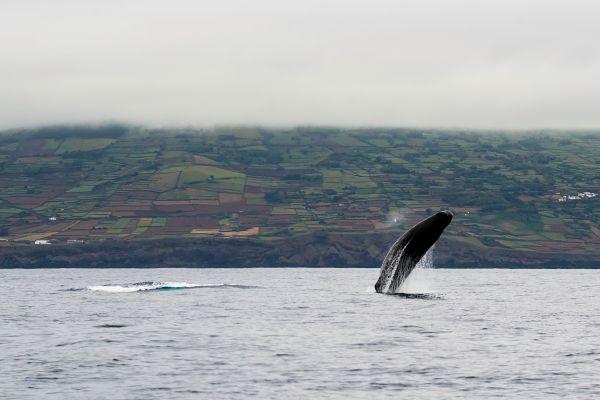
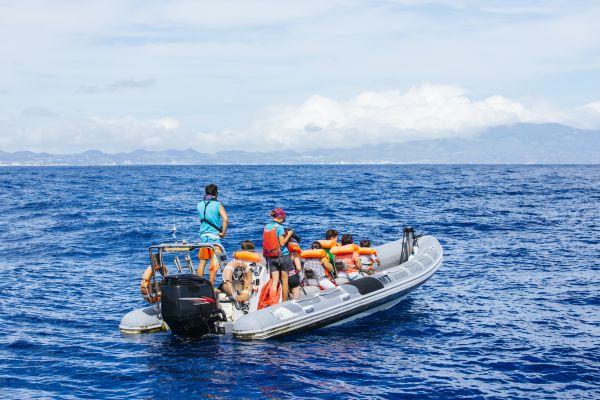
Itinerary
Please note that itineraries are subject to change and what follows is simply a guideline.
Durations & Prices
Accommodation
Accommodation
During your time on the project, you will stay in a twin-share room in either an apartment or house located just a short walk from the project base. Meals can be prepared in the kitchen and volunteers can enjoy the use of a TV and free Wi-Fi. Private accommodation is available if you are joining as a couple or with a friend and would like a bit more privacy, however, it is dependent on availability. If you would prefer private accommodation, please let us know and we will check availability for you.
Project Details
WHEN IS THE BEST TIME TO VOLUNTEER?
This project runs between April and July, and during these months, sperm whales and dolphins can be seen in the area. However, two particular seasons offer the possibility to see additional marine wildlife species and the weather may guide your decision on when to volunteer.
Spring (April until the end of May): Volunteers wishing to see a wider variety of whale species may wish to visit the Azores during the spring, as blue, fin, sei and humpback whales tend to be spotted in the area at this time of year. The daytime temperature across these months tends to average between 13-17°C (55-63°F).
Summer (June - July): Summer is the peak season for viewing sperm whales, whilst a variety of dolphin species (such as the Atlantic spotted dolphin) also pass through the waters at this time of year. The daytime temperature during summer tends to average between 21-25°C (70-77°F).
Getting There
You will need to fly into Horta Airport on Faial island, arriving between 9am – 5pm on your project start date where you will be met by a project representative and transferred to your accommodation. Most international flights go via Lisbon and TAP Air Portugal offer multiple flights.
Alternatively, you can fly direct to Ponta Delgada, the capital of the Azores, and transfer to Faial using an internal flight.
Visa Requirements
Visa requirements in the Azores are the same as for mainland Portugal. Citizens from the UK, the EU, the USA, Canada and Australia are not required to get a visa in advance for stays of up to 90 days. Citizens of other countries are advised to contact their local Portuguese embassy/consulate to check for their visa requirements.
Fitness & Skills
No specific skills or experience are required to join this project; all we ask is that you arrive with a positive attitude, the ability to work in a team, and a passion for marine wildlife!
Vaccinations
The vaccinations required for travel will depend on your medical history. We recommend that you consult with your GP/Doctor regarding your own vaccination needs.
Meals & Beverages
Your meals and beverages are not provided for you on this project. However, there are local stores and a supermarket close by to the accommodation for you to purchase your own food, and a shared kitchen is available for use at your accommodation. Alternatively, there are a variety of local restaurants should you wish to dine out during some of your nights on the project.
Gallery
Reviews
Fantastic experience, seeing whales and dolphins daily and assisting a friendly, passionate team with whale research.
The amount of trips out to sea and the amount of sperm whale sightings exceeded my expectations and all of the staff were fantastic! The accommodation was clean, well located and comfortable and I was lucky to have my own room.
Hard to say goodbye to the Azores, after two weeks of rough, incredibly beautiful volcanic landscapes, swift whaling trips on DiveAzores’ Keiko, the rigid inflatable boat skippered by Tiago or Lionel, and shared camaraderie throughout!! A few Atlantic-size storms provided some dramatic background for our bouncy, splashy outings in the Keiko on good days, to jointly scan the grey waters for dorsal fins, pick up whale conversations underwater via hydrophone, getting excited at whale tails —ok, flukes— and bits and pieces of whale noses, or frolicking dolphins, all of us, really, just enjoying the wonder of these islands. I will remember!
What's Included
- Accommodation
- Airport transfers
- All project activities
- A donation to the project
What's Not Included
- Flights
- Food and living expenses
- Travel insurance


















